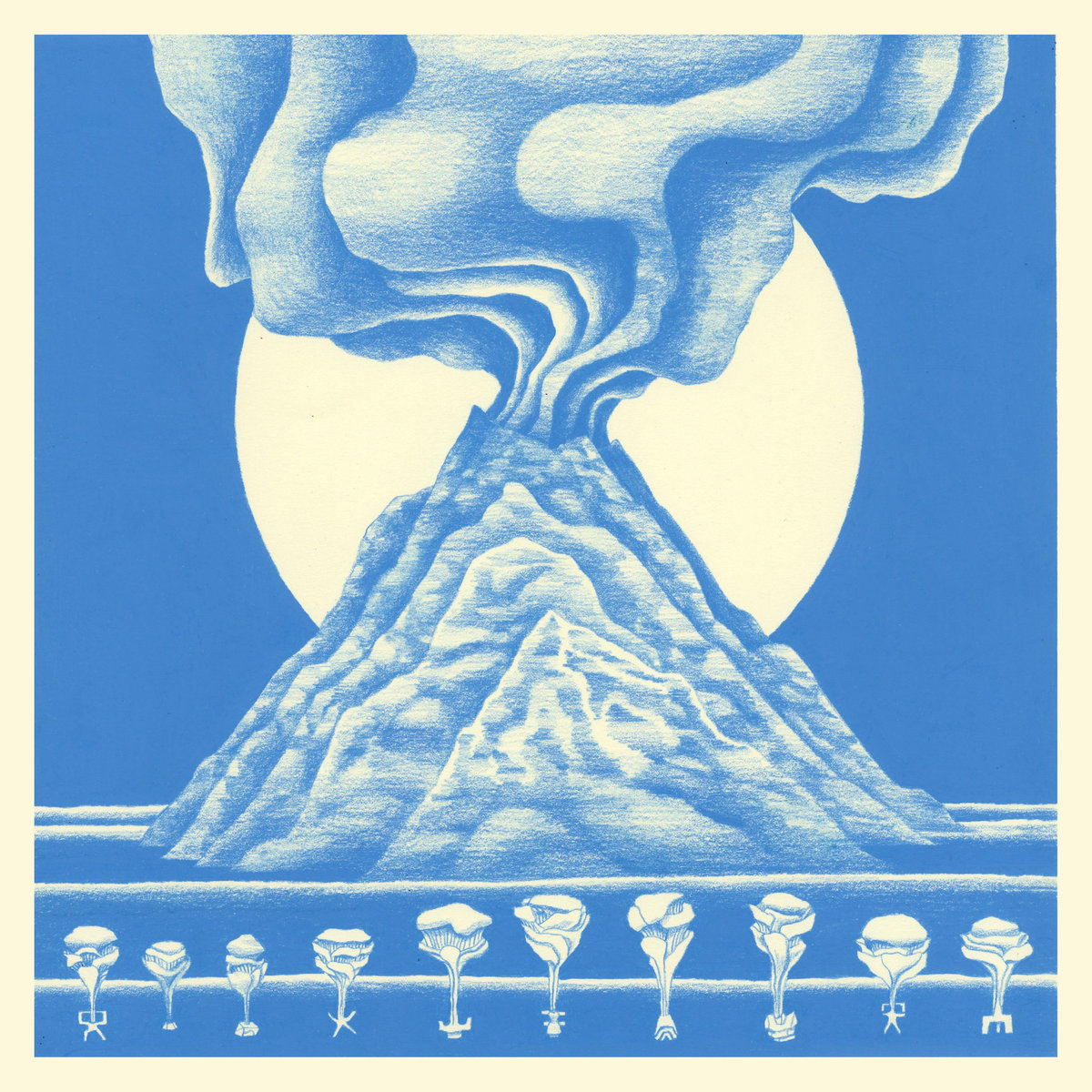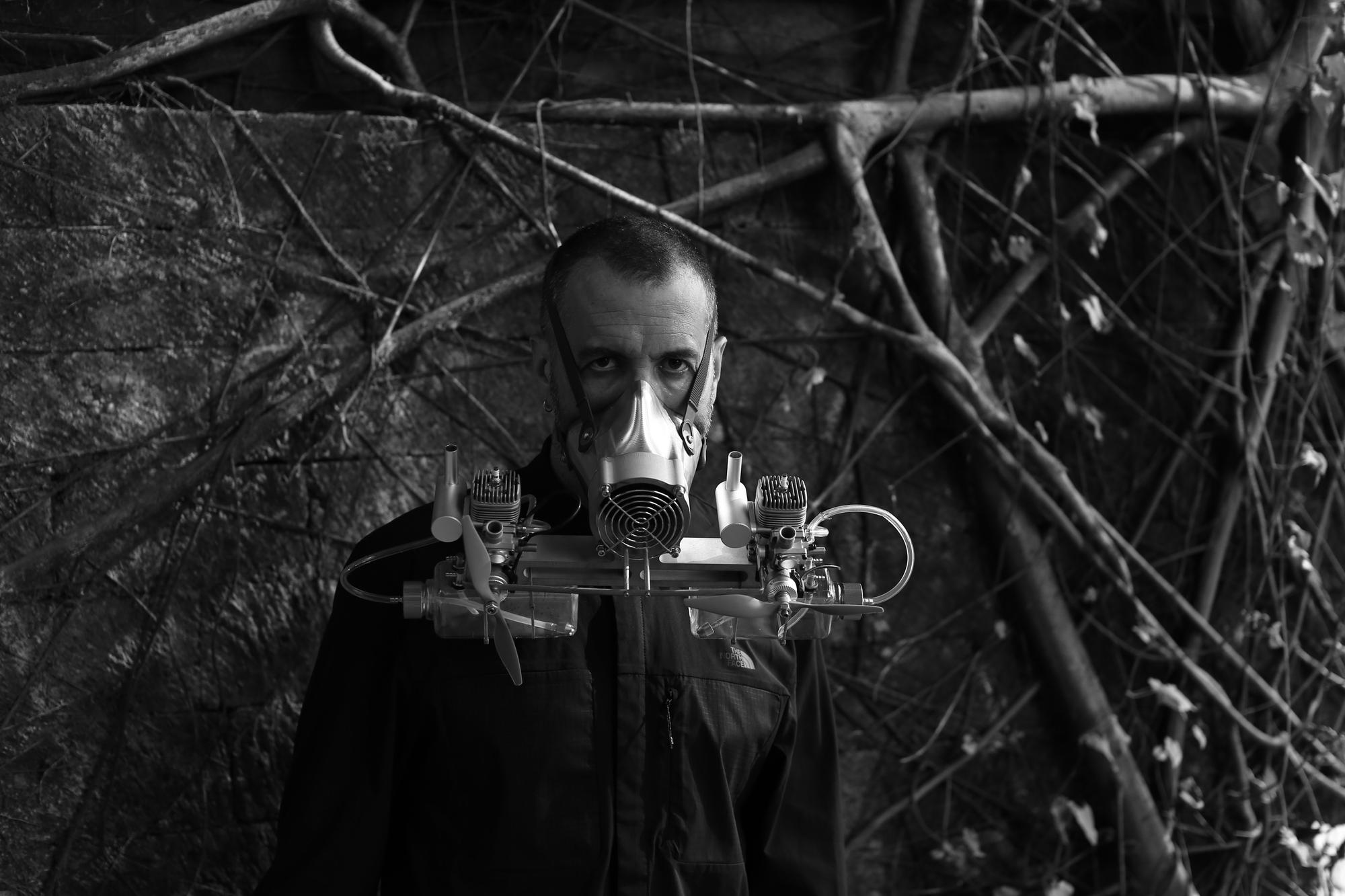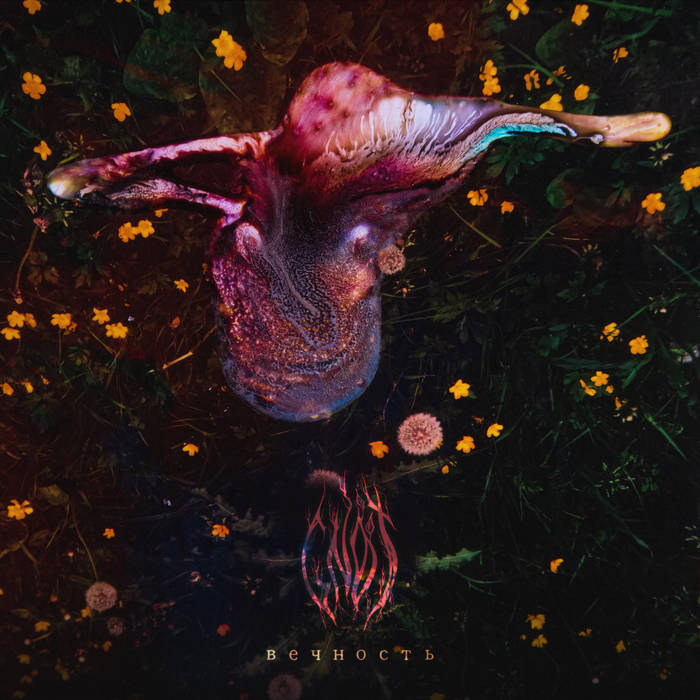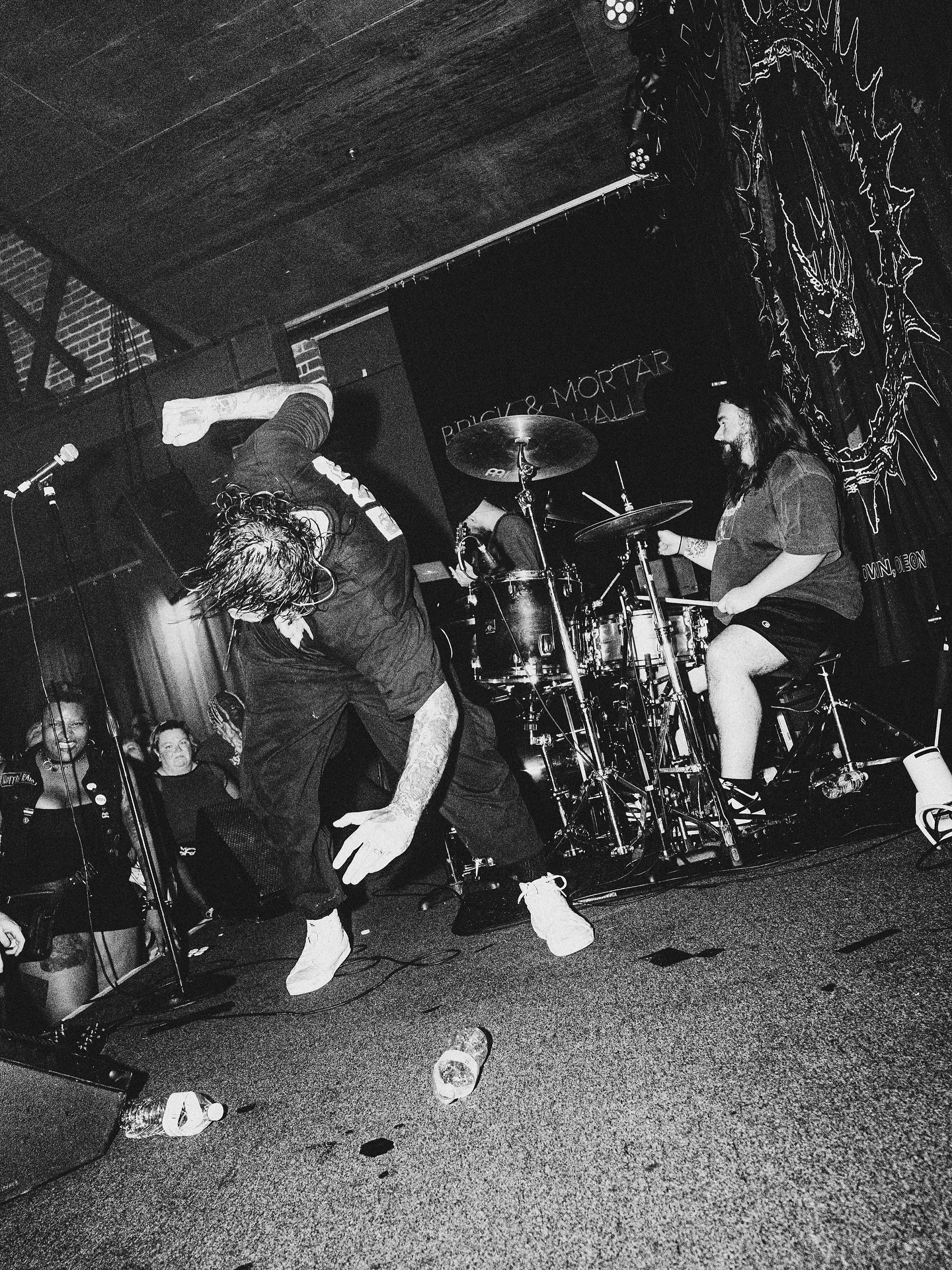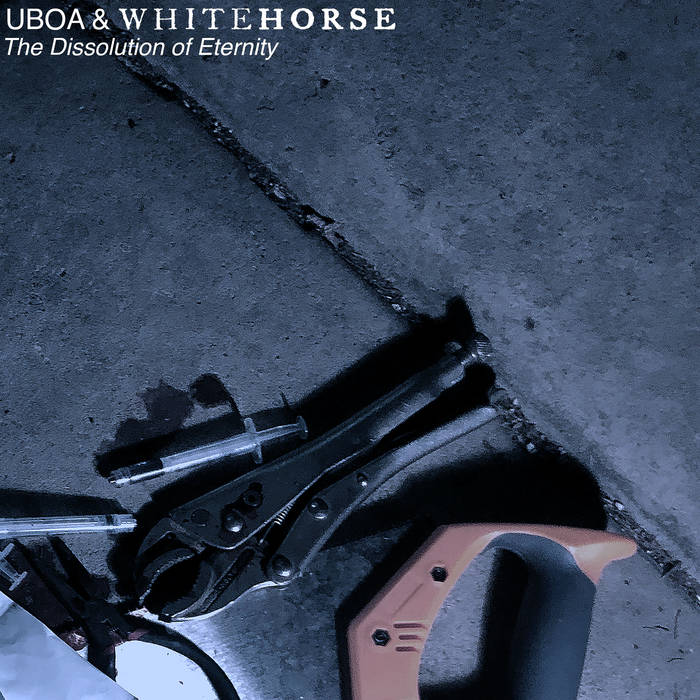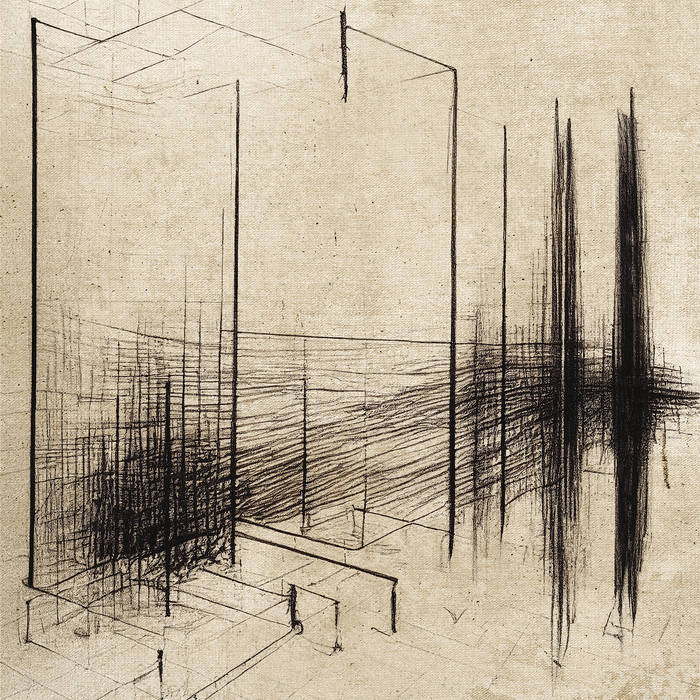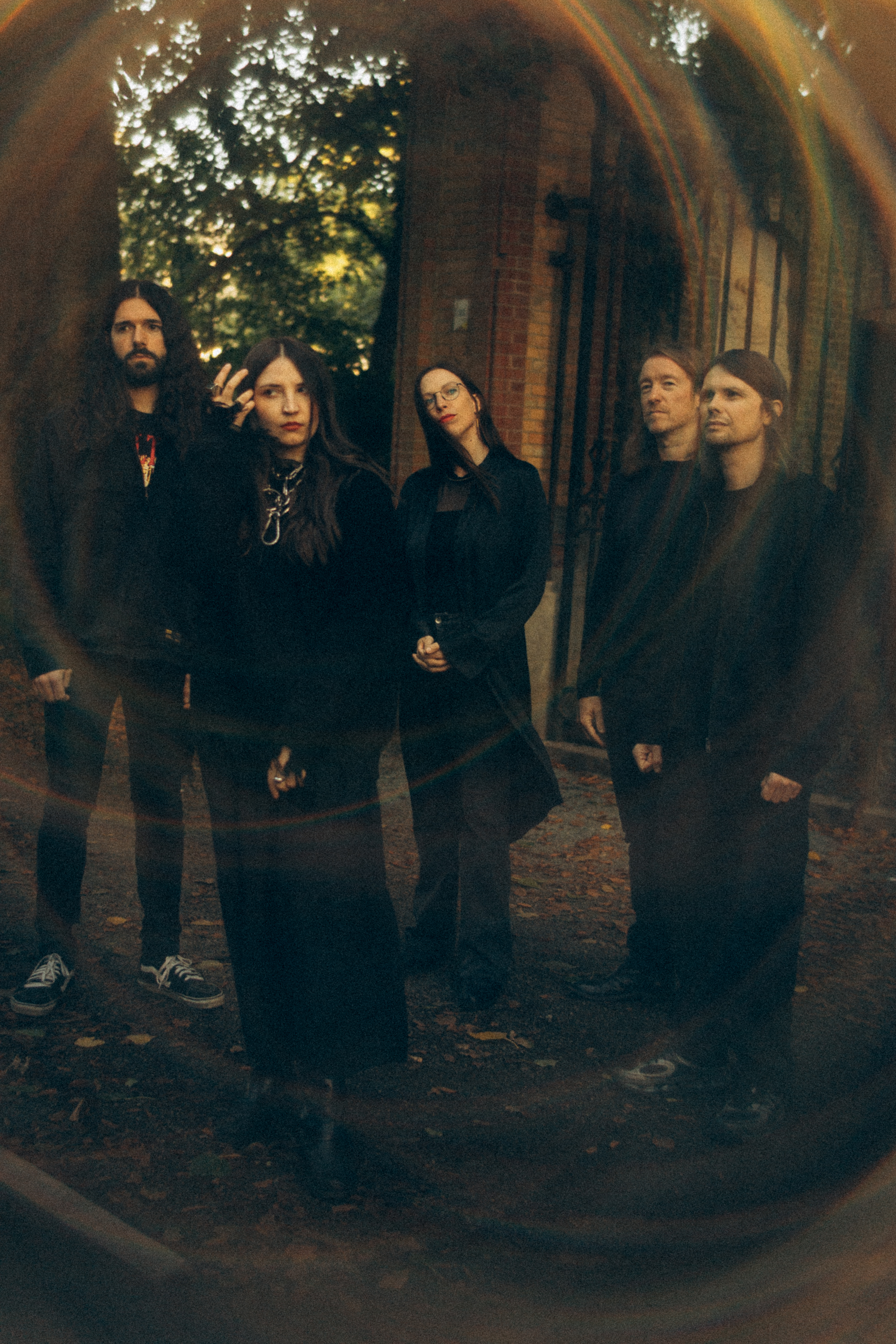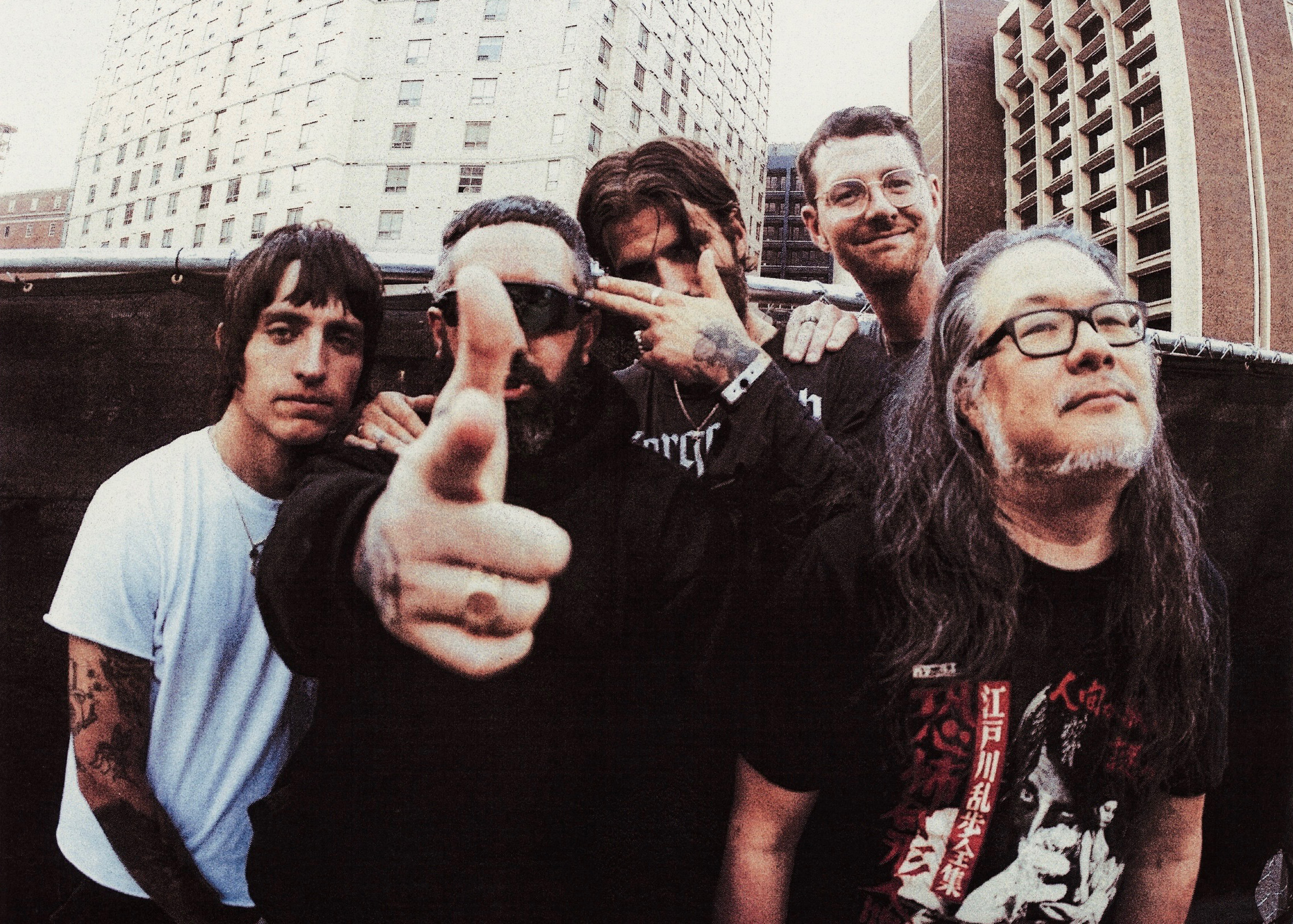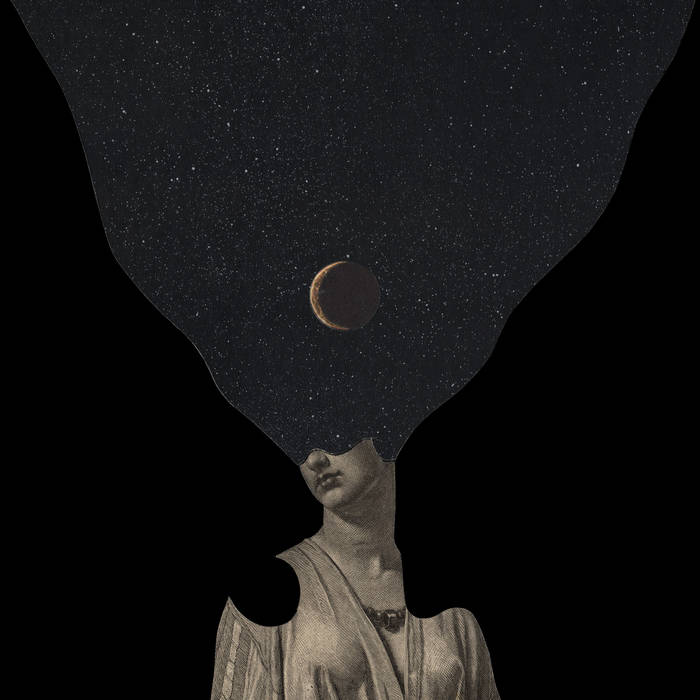Growing concepts require louder execution! For the first time with the help of masters of crushing guitar noise and haunting emotional expression Experimental saxophonist Patrick Shiroishi’s latest cry against racism delivers his message on a new scale.
The internment of Japanese-American citizens in camps starting in February 1942 - and the resulting generational trauma - has been at the core of Shiroishi’s solo work for a long time. Annual releases in remembrance of Executive Order 9066 (like his 2023 improvised duet recording with Dylan Fujioka) and several other, sometimes very personal albums in his prolific discography have been dedicated to this dark chapter of history and the subject of Japanese heritage and identity in the US.
Forgetting Is Violent starts there too. In “To Protect Our Family Names” vocal samples are looped to form the chatter of a crowd, a loud family conversation, which Patrick joins on the horn in multiple layers. He carries the experience of his family and communtiy to the outside world beyond it, to anyone who will listen. And he does it with a burning urgency that soon screams above everything else and gets boosted by the gnarly crushing guitar of none other than Sumac’s Aaron Turner, whose expressive droning and raging sound stays for the following “Mountains That Take Wing” and beyond.
The other guitarists on the album, Emma Thompson (Savages) and Mathieu Ball (Big Brave), provide equally intense and artistically purposeful performances, which give Shiroishi a lot of heavy substance to interact with in beautifully emotional, natural solos or either as atmospheric texture or dramatically enhanced by his masterful usage of loops and effects.
While he also occasionally uses his singing voice, he is aided substantially by two female singers: Mamiffer’s Faith Coloccia, who adds some electronic touches as well, and one who probably is the perfect fit for this project, since her own solo work is such an absolutely stunning reflection of the Chinese-American experience: Lane Shi Otay:Onii (Elizabeth Colour Wheel).
The arguably most powerful contribution however comes in “…What Does Anyone Want But To Feel A Little More Free?” from within Shiroishi’s family, as his aunt recalls her first conscious encounter with racism. At this point the album’s theme becomes crystal clear, paired with the insight that any piece of art which deals with racist prejudice, oppression, injustices can never be only about one specific form or incident, but will always be applicable to the bigger picture, to all of racism, which at its core will always be the same poison.
“When we see something wrong, it is important for each person, each person to speak up!”
Your bells probably (hopefully) rang when I mentioned the American concentration camps earlier, because we all know, where the land that locked up its own citizens while fighting Hitler, is heading today. After the closing of the cruelly named Alligator Alcatraz in Florida approximately two thirds of the inmates are missing. One thousand two hundred souls have just been disappeared without a trace. Noone knows what happened to them. They could be dead at the ground of the swamp - or they could have been human-trafficked, as best friends of Jeffrey Epstein in chief would likely command. Noone knows.
That alone shows that the shameful aftermath of Pearl Harbour is of hotter burning relevance today than ever. And it’s just one of the countless heads of the Hydra hidden under the thin membrane of civilization. Yet if you don’t see the inherently racist systems, empowered by the racist fear and pride of many small hateful minds, not only “far away over there”, but everywhere in the world, then you’re either a part of this grinding machine - or you desperately need an alarm. You need to watch, listen and learn. Maybe for a start you need all the rumbling distortions, screeching guitar feedbacks and screaming saxophones your body can handle – as delivered by Patrick Shiroishi and his collaborators in the closing track, while you’re “Trying To Get To Heaven Before They Close The Door”.
Ok, realistically one single piece of art is unlikely to make anyone a better person. But every piece of a puzzle counts, right? I know that one message, no matter how strong it’s expressed, can also be missed while just enjoying an immensly powerful suite of great music. And I wouldn’t blame you if you listened to Forgetting Is Violent for the first without detecting the intention.
On the other hand knowing the intent really enhances the urgency and intensity of an album which will already speak to most fans of the Avantgarde side of Heavy Jazz, as well as Sumac, Big Brave and Otay:onii – not only because of the involved individuals – and bursts at the seams with artistic power and musical meaning.

